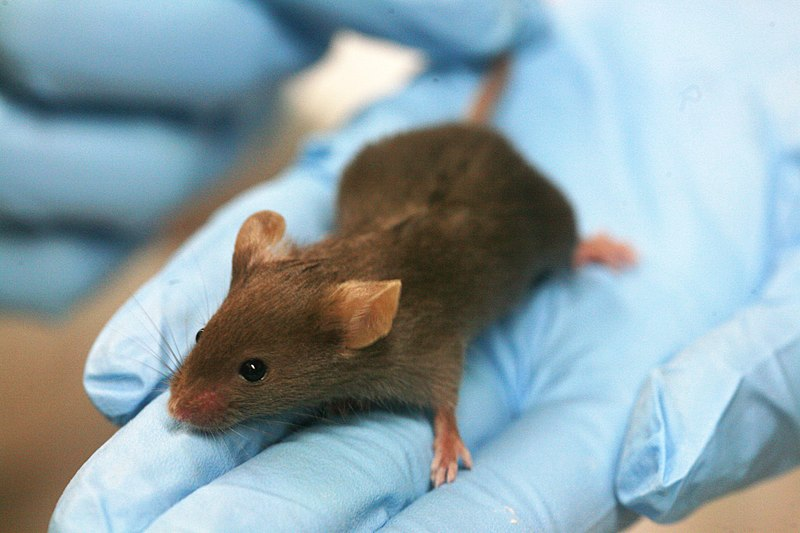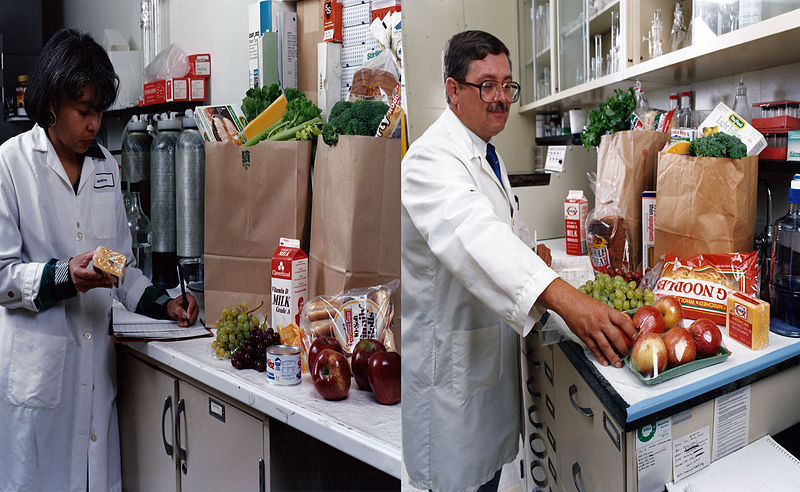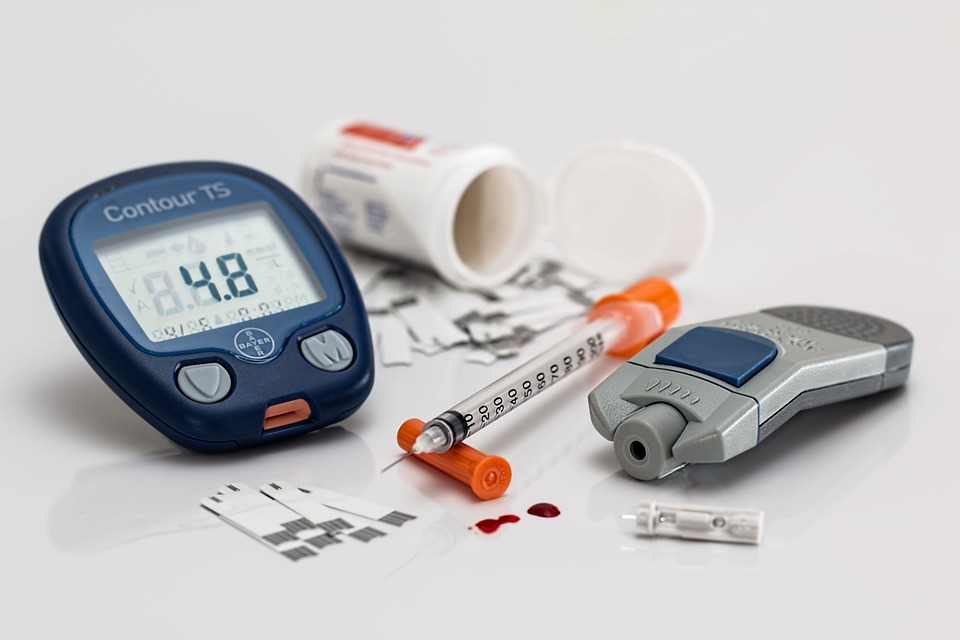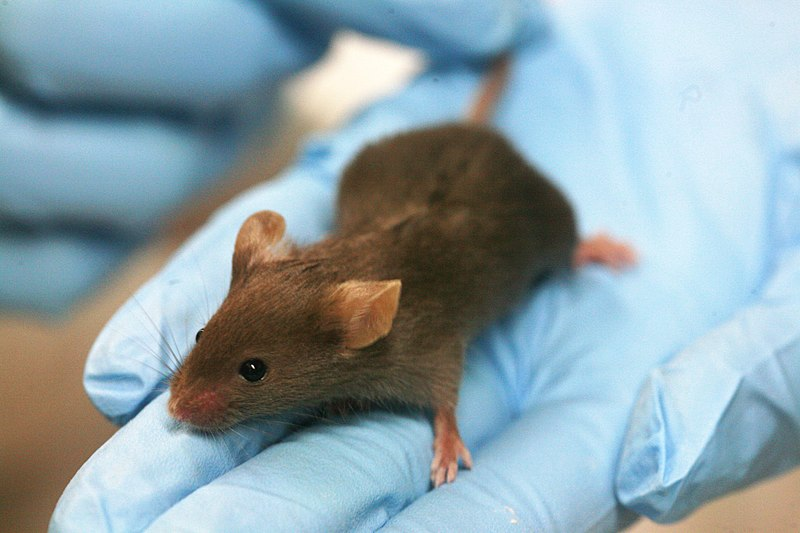Scientific Breakthroughs That Are Carrying Humanity To The Future
Science goes hand in hand with medical breakthroughs. However what facilitates these breakthroughs which help all of humankind is the research and development into various different avenues of science and technology. The future is becoming a reality right in front of our very eyes, and no longer are those once bold predictions seen as beyond the pale. The job of scientists and governments to put the health and wellbeing of their people first, instead of geopolitical turmoil, has brought fantastic new advancements in the creating of medicine. To build bridges with the rest of the world, science should be used to protect and prolong life so that people may have the opportunity they deserve to live a long and happy life. There are some areas which deserve special mentions because these developments are quite literally changing the way we are and will live our lives.
Monitoring diabetes
Diabetes affects millions and millions of people around the world, whether you’re young and fit, or old and overweight. An artificial pancreas has been created as a device which can be implanted into the body where the original pancreas was located. Approved by the US Food and Drug Administration, this technological advancement was made to measure the amount of blood sugar running through your body. When it detects your levels might be low, in order to prevent you having a medical emergency, it will supply you with a dose of insulin automatically, just from analyzing your measurements. This means that insulin injections will soon be a thing of the past, as this device was given the go ahead in 2016.
Currently, in 2017 the trials are on-going with the ability to partake in them if you do indeed suffer from diabetes. This technology is great for people who live busy lives and don’t want to carry around their insulin injections with them. It’s also great for children who don’t like needles, as it eliminates the task of getting them to sit still or be calm, while the nurse of authorized person gives them an insulin shot. It’s also great as well as for older people who may be too frail to realize when they are in need of a shot. The only thing perhaps impeding the fast distribution of this device is perhaps the fact that the patient needs to have it implanted inside of their body, which would require an appointment for an operation.

Regrowing vital organs
Thanks to a company called Hera, rats, and mice are being used as model organisms to be humanized. Tissue and cells of these animals can be replaced with human tissue and cells so that organs can be grown, using their bodies as platforms. Of course, this humanization must be done in an immunodeficient manner so that the animal’s body doesn’t reject the cells, therefore leading to no growth of human organs at all. Humanized mice are being used to grow human livers which mean that people who are on the waiting list of this vital organ, may not have to wait long to have a life saving operation. All too often, people are unable to get vital organs from other people who have volunteered or perhaps deceased, as there are simply too many waiting in line before them.
This route, however, would see the lines cut short and perhaps non-existent altogether. The liver humanized model program is providing a solution to this problem, by essentially making this technique an unlimited source of fully differentiated mature human hepatocytes. We’re not all the same blood type, so all the different types need to have their own liver grown on the humanized models. However the research is ongoing because the cells react differently to each of the host organisms, because just like human, not all mice and rats are the same genetically. But we may be able to see functioning livers and other human organs be able to be surgically detached from the mice and rats and then put into real human beings very soon.

Abating additions to food
It turns out, that yes actually, some people are genetically predisposed to becoming addicted to certain foods. This, of course, means that some people who do have these hormonal and chemical imbalances are more likely to lose impulse control. The FDA has tried to control how brands advertise their foods as some are saying they play on the lack of control some people have. However, the other way around this is to give science a chance. By studying the genes of some people, science may be able to pinpoint why some foods are addictive and possibly make neurogenetics that reveals valuable information in the genome about why human as organisms, are more prone to longing certain foods which are unhealthy. Speculation has come about suggesting that these receptors that release endorphins when some foods are eaten can be blocked by pills designed to lessen the affect of pleasure, experienced by some people when eating foods that are high in fat and sugar.
A smartphone app could be created that would let you know what food you should be eating and what to avoid at all costs. This would be done after your DNA sequence has been studied and certain predisposed addictions marked and identified. Habit, an independent dietary company, will be able to use this information and make you a meal planner, not so much as what kind of food to make, but what nutrients you need as opposed to others that will harm you. The future of healthy eating just got a whole lot easier.
All these scientific breakthroughs have been made with the sole intention of prolonging human life and giving the unfortunate and sick people in the world, a new chance at living a happy life. However as one might imagine, the research and development phases of each new device, technology or biological advancement, takes time and a lot of funding. There are signs that these breakthroughs will feature out into the world of applicable medicine very soon. Already some trials are happening to see how real human beings and their bodies, react to devices, with data being recovered and patients being constantly interviewed.
Comments
There are 0 comments on this post

















